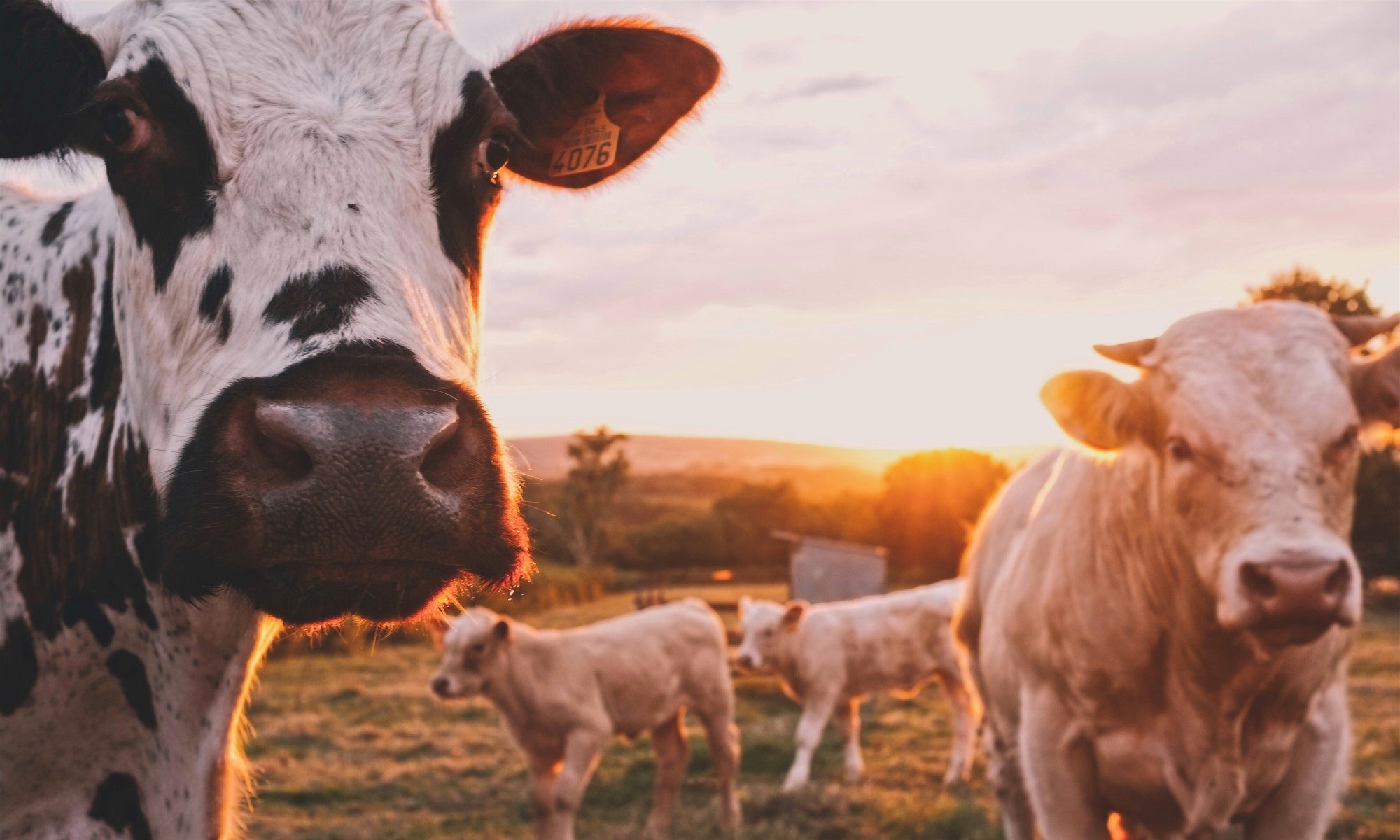Water conservation is an act of utilizing water effectively to decrease unnecessary water usage. Since water is crucial for food production, the dry season can be the main problem for agriculture. As result, agriculturists in arid areas are regularly exposed to extreme poverty. Effective water usage techniques are crucial in the face of environmental change. agricultural irrigation system
Mulch and fertilizer
It has been shown that manure or decomposed organic matter used as a compost improves water retention and enhances soil structure. Mulch is a material distributed on the top of the soil to hold moisture from the soil. Mulch can be produced using natural materials, for example, wood shavings or straw, which can be broken down into manure. It further improves the water retention of the soil. Fertilizer and mulch can help keep more water in the soil amid the dry season. Farmers can as well utilize dark plastic mulch as a soil cover to control weeds and decrease evaporation. agricultural irrigation system installation
Dry farming
Farming strategies, for example, mulch use, residue management on fields, and so on are useful for keeping up soil moisture for yield creation. Farmers who are using dry cultivating do not use irrigation system and depend on accessible soil moisture to create harvests amid the dry season. Special culture practices and special attention to the microclimate are crucial. Dry agriculture tends to improve the aromas but yields less than irrigated crops.
Use of a water-saving irrigation system
Dribble and sprinkler water technique are the most water-efficient irrigation methods. They supply the roots of the plant with water and therefore decrease the evaporation of spray irrigation methods. With timers, irrigation can be planned during the cooler hours of the day, further decreasing water loss. In numerous areas where water is rare, dribble irrigation is effective. Well installed dribble irrigation can save up to 80% more water than regular irrigation and can even help increase yields. agricultural irrigation system design
Soil conservation tillage
Conservation tillage utilizes exceptional ploughs or other tools that mostly seals the soil but leaves no less than 30 percent crop residue on the surface. As with the cover culture, this process helps to build water absorption and decrease evaporation, erosion, and compaction. Decreased culturing or no culturing is a decent alternative for environmental security as it encourages the consuming of yield residues and expands soil richness through decomposition.
